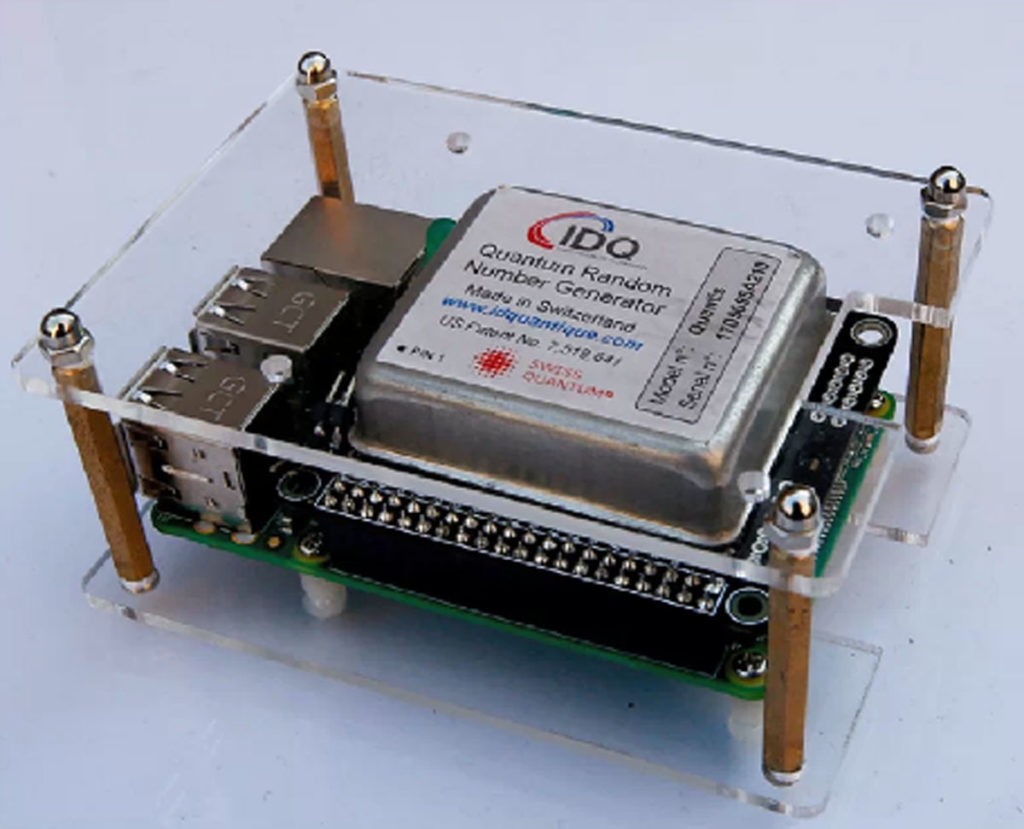The latest issue of the MIT Technology Review – the magazine of the best university in the world, according to various rankings – mentions quantum computing as one of the most disruptive innovations that are about to become a reality. Not for nothing there are giants like IBM, Google or Intel that are working in this field, which aims to create machines that handle data at an astonishing speed for today’s eyes.
The premise here is that the normal computer works by transforming all the instructions to 1 and 0 in order to process them. That’s the bits.
“The quantum computer works with what is called a quantum bit (Qu-bit), which is governed by the laws of quantum physics. If in the usual computer a bit is 0 or 1, in a quantum computer it can be a combination between 0 and 1”, explains Jorge Pérez, academic from the Department. of Computer Science from the U. de Chile, which has studied the subject since 2003.
By multiplying these combinations, the speed of the machine is considerably increased. “When you put two classic bits together you have only one chance. Instead, two quantum bits can represent four possibilities, “he exemplifies.
The difficulty lies in that this level of information does not use circuits, but uses quantum particles, which are unstable and difficult to handle. Hence, there is still no reliable quantum computer in the world. “No one has actually proven that it will be effectively faster than a normal computer, it is a promise”
THE CHILEAN PROJECT

The prototype developed by QIN
Despite the fact that the machinery is still years away, there are already advances in the theory. One of them is being developed in Chile, GoQuantum, a project in which engineers and a doctor in physics work. The innovation is supported by Corfo and it already has a prototype (see photo).
It is assumed that, with a faster computer, a hacker could take much less time to decipher the keys of his victim. “That little green padlock that you see today on your computer will no longer work when the first quantum computer comes out,” says Raúl Zuleta, director of service evolution at the Qin company (https://www.qin.cl/goquantum/)
His idea is to build a data router to deliver security to Internet of Things devices, such as refrigerators, automatic meters, home automation devices (automated homes) or industrial machine control systems, for example. “It implements post-quantum algorithms, which are resistant to this attempt to break data security: in addition, it implements a chip that calculates random numbers quantum, so I cannot determine the next key,” he adds.
Are we close to seeing quantum computing yet?
It would be daring for me to say yes, it is going to happen, but we are getting closer. There is a lot of global interest, for example there is a plan by the European Community to advance these technologies. They are the next generation of computers.
Theory vs. practice
Why have Chilean universities not pushed for research along these lines? “If we were a country with a lot of research in Physics, like Europe, the United States or China … the day there is a quantum computer it will be released in laboratories. Perhaps we should be prepared. But given that we are not going to have priority access to these computers, there is little point in doing theoretical research that will be waiting for years, ”says Juan Reutter, UC Computer Science academic of engineering.
“The budget for science in Chile has its limits and the idea is to promote the things that serve you today, such as machine learning or data science,” he concludes.

